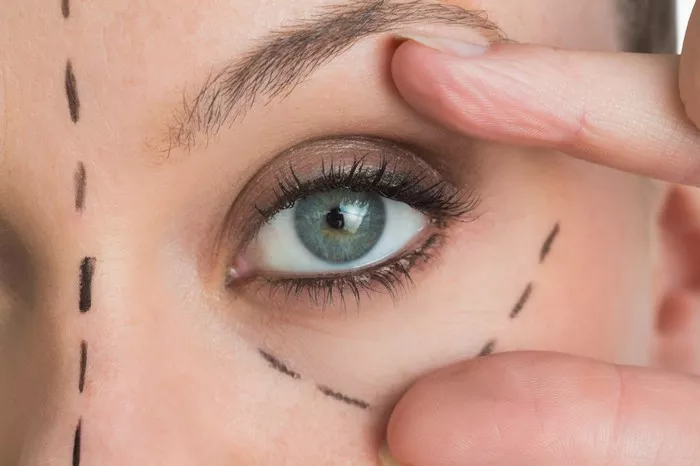Eyelid surgery, also known as blepharoplasty, is a popular cosmetic procedure that can help to rejuvenate the appearance of the eyes. While the procedure is generally safe and effective, it is important to understand the recovery time for eyelid surgery in order to plan for a successful outcome. In this article, we will explore the recovery time for eyelid surgery, including what to expect during the recovery process, tips for a smooth recovery, and when to seek medical attention.
Recovery Time
The recovery time for eyelid surgery can vary depending on the individual and the extent of the procedure. In general, patients can expect some swelling, bruising, and discomfort in the days and weeks following the procedure.
Most patients are able to return to work and normal activities within 1-2 weeks after the procedure. However, it can take several weeks or even months to see the full results of the procedure, as the swelling and bruising gradually subside and the incision lines heal.
During the recovery period, it is important to follow all post-operative instructions provided by your surgeon, including taking any prescribed medications, avoiding strenuous activity, and keeping the head elevated while sleeping. Patients should also avoid rubbing or touching the eyes, and should use cool compresses to reduce swelling and discomfort.
Tips for a Smooth Recovery
In order to ensure a smooth recovery after eyelid surgery, there are several tips that patients should keep in mind. These include:
Get plenty of rest: Rest is essential for a successful recovery after eyelid surgery. Be sure to get plenty of sleep and avoid strenuous activity for the first few days after the procedure.
Use cool compresses: Cool compresses can help to reduce swelling and discomfort in the days following the procedure. Be sure to follow your surgeon’s instructions for using compresses.
Avoid smoking and alcohol: Smoking and excessive alcohol consumption can slow the healing process and increase the risk of complications. Patients should avoid smoking and limit their alcohol consumption during the recovery period.
Eat a healthy diet: A healthy diet can help to promote healing and reduce the risk of complications. Be sure to eat a balanced diet rich in fruits, vegetables, and lean protein.
Follow all post-operative instructions: It is important to follow all post-operative instructions provided by your surgeon, including taking any prescribed medications, avoiding strenuous activity, and keeping the head elevated while sleeping.
When to Seek Medical Attention
While eyelid surgery is generally safe, there are some potential complications that patients should be aware of. These can include infection, bleeding, and scarring.
Patients should contact their surgeon immediately if they experience any of the following symptoms:
Fever
Excessive bleeding
Severe pain or discomfort
Signs of infection, such as redness, swelling, or discharge
Vision changes or loss of vision
Conclusion
Eyelid surgery can be a safe and effective way to rejuvenate the appearance of the eyes. However, it is important to understand the recovery time for eyelid surgery in order to plan for a successful outcome. By following all post-operative instructions, getting plenty of rest, using cool compresses, avoiding smoking and alcohol, and eating a healthy diet, patients can ensure a smooth and successful recovery. If you experience any symptoms of complications, be sure to contact your surgeon immediately for medical attention.


